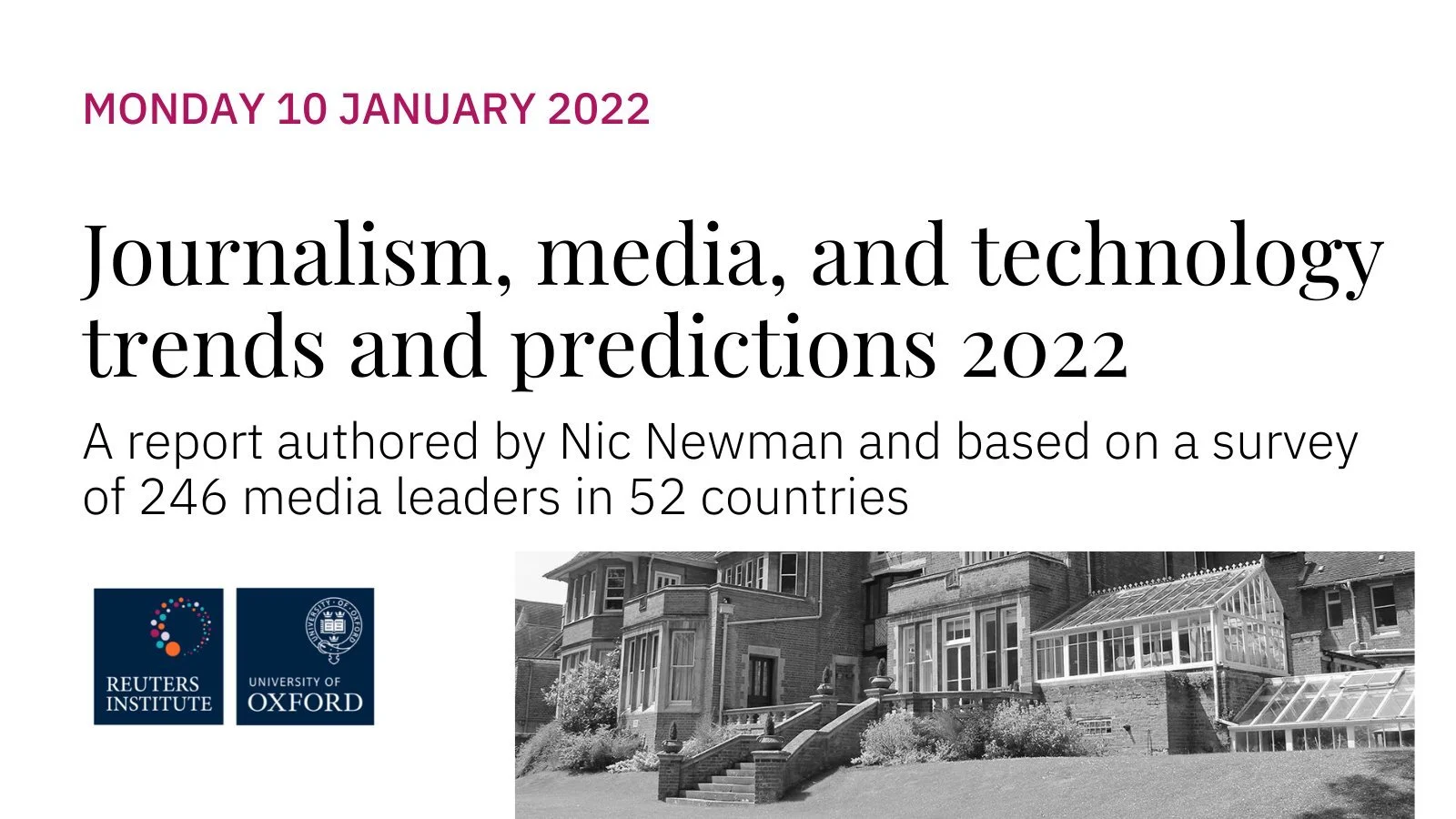For the past two or so months No.10 has been caught up in a negative media cycle after it emerged that parties, after work social gatherings and even a ‘bring your own booze’ events took place while the country was in lockdown. Late last night The Daily Telegraph also reported that two additional parties were also held in No 10 while ‘the Queen and country mourned the death of Prince Philip.’
One of the many things that the drip, drip, drip from these stories reveals is a total lack of understanding in the reputation and risk management skill-set amongst those who are in communications and advisory positions at the heart of this team.
Politics aside, what a Government needs are no distractions so that it can effectively push out, promote and secure engagement for its policies. A key component that helps secure engagement is trust. Trust that gives decision-makers confidence. Trust that helps shape positive reputations. Yet, this specific risk awareness and reputation management skill-set appears to be extremely lacking.
The Chartered Institute of Public Relations defines our work in communications as ‘the discipline which looks after reputation, with the aim of earning understanding and support and influencing opinion and behaviour.’
Of course, we know that some within the bubble raised awareness of their concerns for how these events might look if they were leaked. Yet events still took place and leaks about them taking place shaped the media narrative which damaged the reputation of the Government.
When Allegra Stratton resigned after the video of her and her team’s press conference rehearsal in which the mock question was asked about the party that took place, well that highlights the issue and the reliance on spin and deception. Today, these tactics just do not work.
Public relations today is about identifying risk and stopping such situations from ever happening. Sadly though, in too many organisations PR is still seen for it’s media engagement, for trying to cover and bat away issues and decisions that have already taken place, even though we live in a hyper connected world where the truth eventually comes out.
When I worked in Government, midway during a presentation that a team that I was part of was giving to a very Senior Civil Servant, questions were asked about risk - risk to delivery dates and risk to reputation of Ministers. They were focused on protecting their reputation and to ensure that we worked to that standard. It was a light-bulb moment.
I also been in other situations where I spotted issues by members of the then press team, which I raised with them and then help them unpick to ensure that they are us were protected. Why? Because I thought three to ten steps ahead and wanted to be sure that my team’s reputation and that pf the project that we were working on were protected..
Equally, when training communications teams here in the UK and overseas, I have always told people to ‘people-watch’, to step outside the bubble and learn about them and how they form their opinions, how they use social media and are conditioned.
In communications today, reputation awareness and management is more important than ever.
A golden rule to remember is that ‘perception of the crime can be more damaging to reputation than the crime itself.’ When it comes to these parties, both the crime and the perception of these will have serious consequences.

